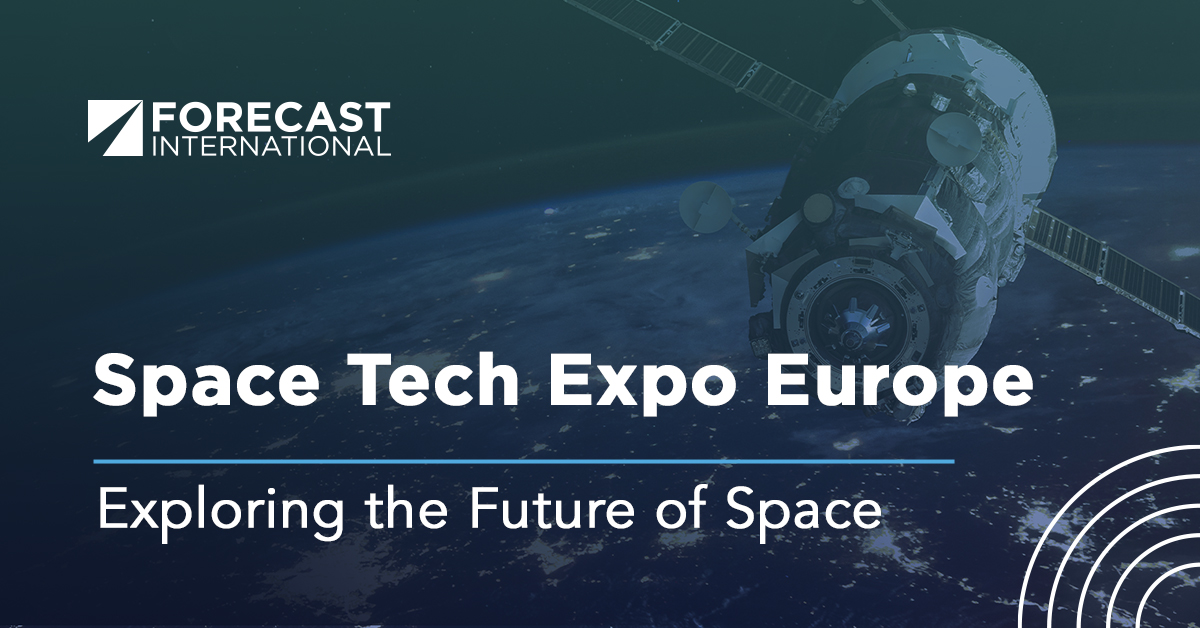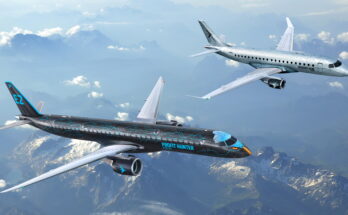
The domain of space has long captivated those with exploratory minds. Now, other minds will be needed to further our understanding of the cosmos – specifically, everyday people (voters). Truly we, as a people, need everyone on board in order to explore other planets and our own for the benefit of human-kind. This talking point was returned to often by speakers at the recent Space Tech Expo Europe.
The general population at large, including those with some knowledge of space, might not be able to grasp just how important space is now and will be in the future. The message that resonated from the show is thus: let’s help people understand just how important it is to spend money in the space sector. Just how lawmakers can go about this varies, but some examples were given. Laura Todd, head of Future Programs Space Exploration at Airbus, said that space technologies that would enable people to live on the moon could also benefit us here on Earth. To provide just one example, a lunar colony would need garbage removal; the technologies so developed could be translated into technologies that could be applied in our cities and towns here on Earth.
Space is a part of our everyday lives here on Earth, but the average person may not know how satellites affect the way we communicate and how they are a key aspect of functions such as banking transactions. What’s more, people may be unaware of the role of Global Navigation Satellite Systems (GNSS) in their daily lives. Even the war in Ukraine is demonstrating how space can be utilized in different ways. The president of the Polish Space Agency, Grzegorz Wrochna, recently compared space technologies to the burgeoning Internet in the 1990s. In this regard, convincing the population at large to spend money on space endeavors is a major push for the Europeans moving forward.
With this in mind, what would Europe do with all this cash? The answer to that question brings us to the next point, launch capability. Arianespace now launches from French Guiana in South America, but Europe – and this cannot be overstated – wants the ability to launch from its own soil, and quickly. One company that jumps out here is Rocket Factory Augsburg, which is planning to launch an orbit from Sweden in 2023. Another player in the mix is German aerospace company Isar Aerospace, and Poland is launching sounding rockets from the Baltic Sea coast. These are a good start, but what is the way forward?
Better collaboration, for one thing. Laura Todd presented the example of growing cells in space to advance medicine to illustrate something that a company like Airbus cannot do alone. Surely the space side of things would be well handled by Airbus, but it is not a medical company. Collaboration would therefore be necessary. The same can be said for smaller members of the European Space Agency (ESA). The Polish Space Agency is celebrating its 10-year anniversary as a member of ESA, with Slovakia recently joining the organization. These new members are eager to bring their respective countries’ brain power to bear in order to help the collective “Space” cause. A total of 400 companies are currently working in some respect on Polish space projects. Moreover, Slovakia has several payloads operating at this time.
This summary would be incomplete without mention of the Artemis I mission. The whole expo was electrified by the news of the successful mission, which launched on November 16. Despite the show being understandably Euro-centric, the Europeans had plenty of praise to go around for their United States colleagues. The excited faces and the vibrant atmosphere surely would convince anyone that space truly is the future.
Interested in learning more? Email us at info@forecast1.com – we can’t wait to hear from you!
Forecast International’s Space Systems Forecast – Satellites & Spacecraft product covers communications, remote sensing, scientific, and navigation spacecraft. Individual reports detail the markets for commercial networks like Intelsat and military systems such as the SBIRS constellation. Satellites covered range in size from small CubeSats to large platforms like the Boeing-702 and SSL 1300. The service also features reports on new market entrants like Planet of San Francisco and OneWeb. Click here to learn more.
Carter Palmer has long held a keen interest in military matters and aviation. As a FI's space systems analyst he is responsible for updating the reports and analyses within the Space Systems Forecast – Launch Vehicles & Manned Platforms and Space Systems Forecast – Satellites & Spacecraft products.




